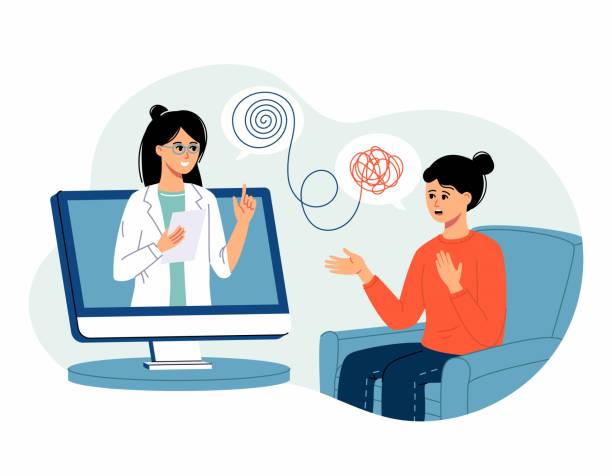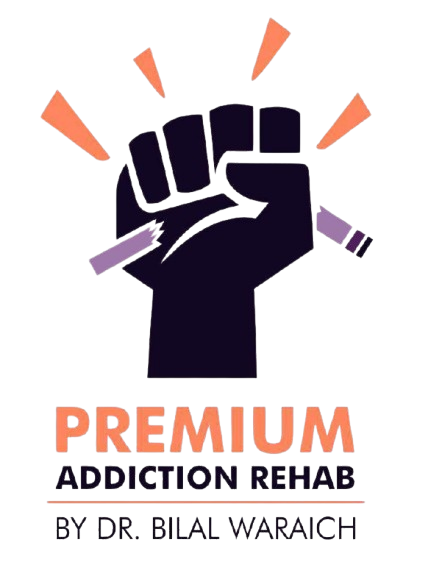Supportive Counselling
Supportive Counseling is an additional therapeutic approach designed to assist patients coping with chronic illnesses. While Core Counseling addresses the primary illness and provides strategies to overcome its challenges, Supportive Counseling works alongside it to manage secondary issues that may interfere with treatment or increase the risk of relapse. Together, these approaches provide patients with the guidance and support needed for a more stable and effective recovery.


Psychological Disorders
Addiction and alcoholism are diseases marked by an uncontrollable urge to use substances, often leading to dysfunction in daily life. Many individuals turn to addiction as a way to cope with stress or boredom. In recovery, it is vital to develop skills that help prevent relapse. Supportive counseling programs such as stress management and anger management play a key role in this process. By learning to manage stress and control anger, patients not only reduce their risk of relapse but also improve their overall mental health, especially when dealing with other psychological disorders.
Individuals struggling with addiction often encounter situations where controlling urges and compulsions becomes difficult. In such cases, core counseling alone may not be sufficient. While situational counseling can provide some support, supportive counseling proves most effective—especially with assertiveness training that empowers individuals to confidently say no when offered mood-altering substances by peers or colleagues
Crucial Conversations
The treatment process also involves structured interventions, where change is introduced into a patient’s thoughts, feelings, and behaviors by encouraging them to listen and accept help. In cases of codependency—a relational condition—the person connected to the addict also suffers emotionally, psychologically, and even physically, which is why this issue requires healing and recovery like any other chronic illness. Crucial conversations become necessary when emotions run high, stakes are significant, and outcomes affect the quality of life. Patients and families are taught communication skills to handle such dialogue and hold others accountable. In this context, ‘tough love’ plays a vital role—setting boundaries and expectations, even if uncomfortable, is one of the most caring and supportive steps loved ones can take to foster recovery


Emotional Healings
Emotional regulation—understanding, managing, and channeling emotions effectively—is a vital skill taught to clients. This not only helps them manage their own emotions but also improves how they respond to the emotions of others. Self-esteem, which reflects one’s sense of self-worth, is closely tied to this process. Many individuals struggle with disappointment, anger management, or lack essential executive skills such as organization, focus, and impulse control.Through the Smart but Scattered program, clients learn practical, step-by-step strategies by recognizing their strengths and weaknesses and engaging in targeted activities to build specific skills for daily life. Similarly, the Power of Habit program emphasizes how developing positive habits—such as regular exercise, weight management, effective parenting, productivity, and leadership—can transform lives. By applying the science of habits, individuals can create meaningful change in themselves, their relationships, their communities, and even in organizations
